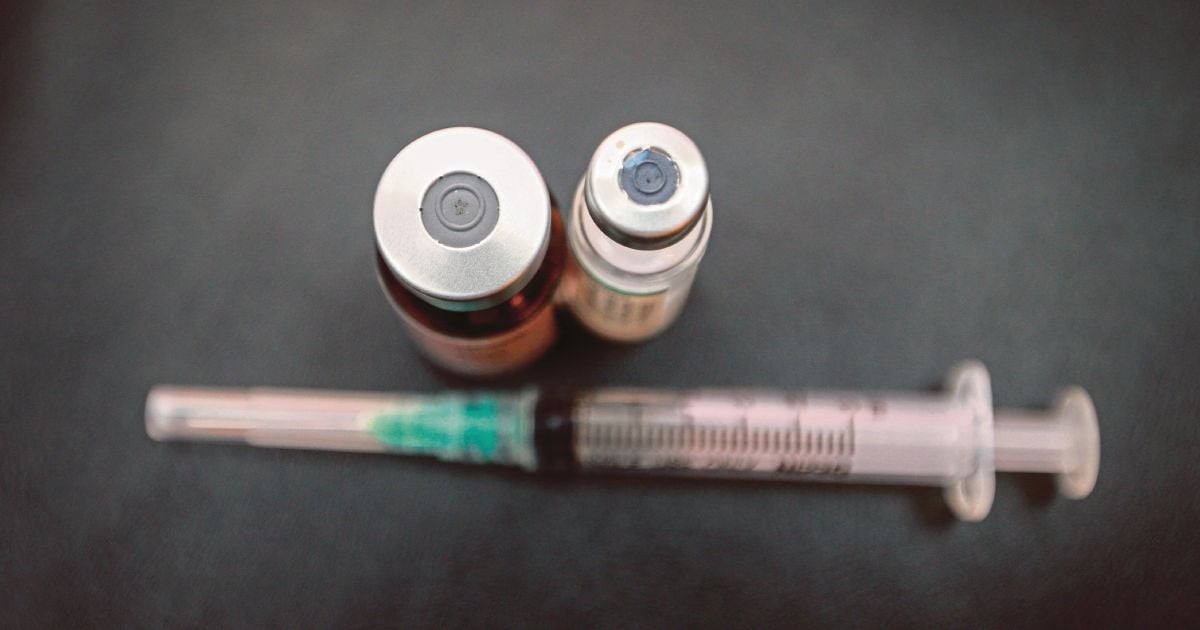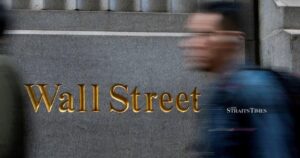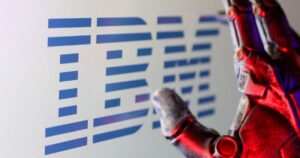MALAYSIANS seeking a cure for ailments and illnesses often rely on both conventional and traditional medicine.
For traditional medicine, they may seek out faith healers, medicine men and shamans.
Using bizarre mantras and practices, as well as “magical” potions, pills, herbs and roots, these traditionalists swear by their methods to treat affairs of the heart, poor libido and even for longevity.
But many Malaysians have also outgrown traditional medicine, preferring modern medicine and treatment to beat cancer, diabetes and heart problems.
But even so, some take shortcuts, preferring drugs that do not meet or have failed Health Ministry scrutiny.
Despite that, these contraband medicines are still popular, primarily because of low cost, accessibility and the fallacy that they are superior to the alternatives.
Lax enforcement doesn’t help — online platforms selling illegal products and porous borders make stemming it out tough.
Demand is still strong for “performance enhancers”, weight loss tablets and traditional or herbal remedies, even pills to treat Covid-19.
It is in this “pharmaceutical underworld” that the Health Ministry, in 2024, seized 21,571 unregistered drugs, including sexual stimulants, antibiotics, steroids, contraceptives and antihistamines, carrying a street value of RM37.5 million.
In the same year, 17,630 unregistered health supplements and 3,941 cosmetic products were seized. It’s obvious that these risky products contain harmful ingredients and contaminated or prohibited substances like mercury, arsenic and even rat poison.
Illegal drugs have proliferated, but the government vows to combat the scourge with a comprehensive approach.
Herein lies the rub: telling a sceptical sick person to ignore black market drugs is akin to telling some people to ignore their traditional healers.
Peddlers, like influencers, have flooded social media, putting up slick presentations of their wares and services to establish some dubious credibility.
It’s difficult to educate the gullible about harmful opioids when they are convinced a cure is just around the corner.
Ultimately, customer demand drives these charlatans, who can only be weeded out of the healthcare system once awareness and information become mainstream.
© New Straits Times Press (M) Bhd






